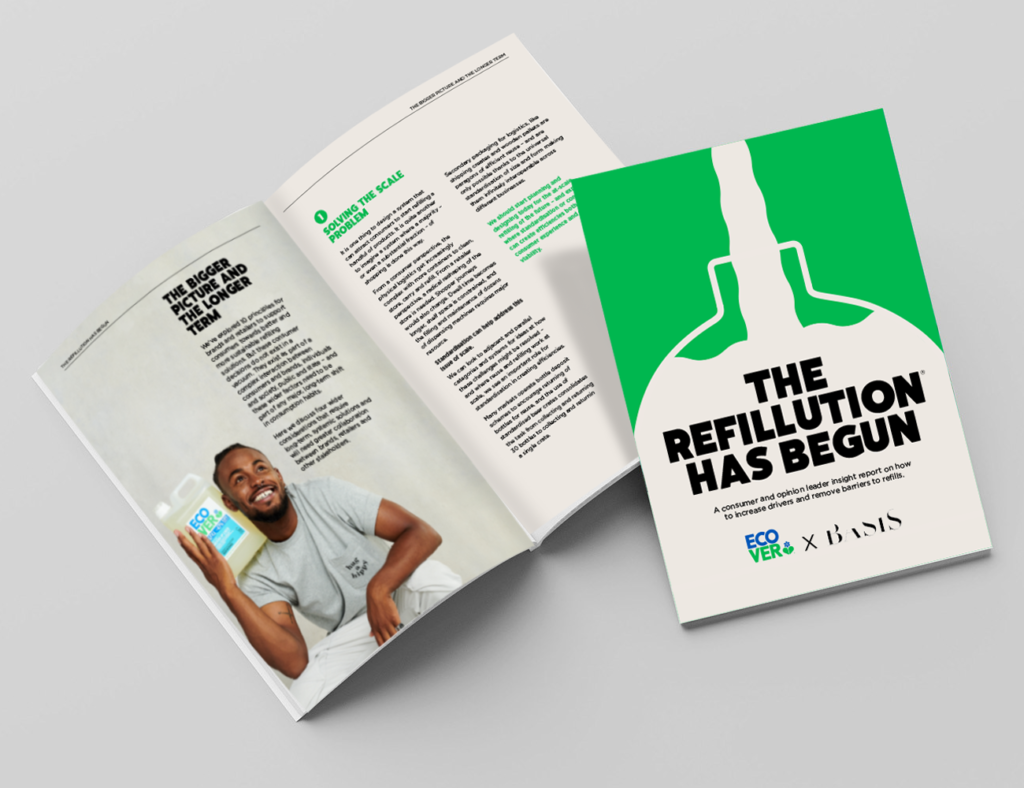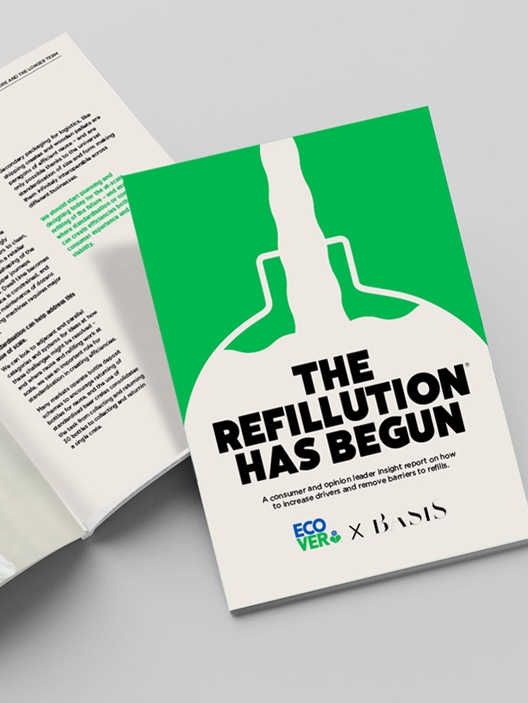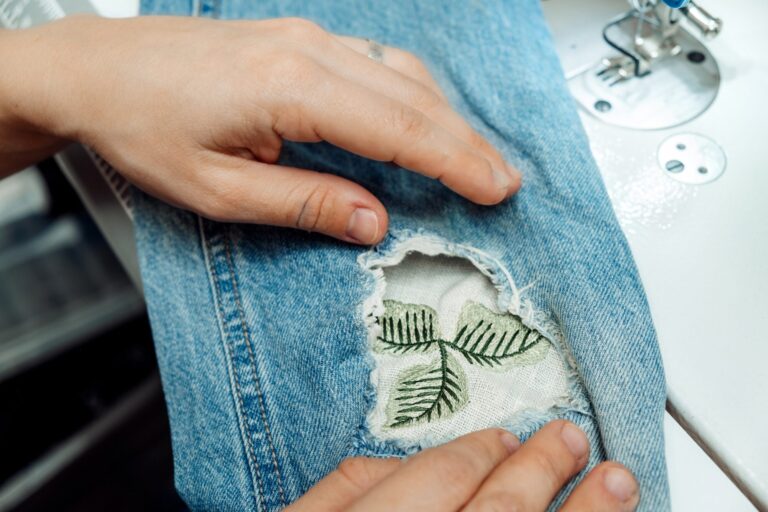For over 40 years, our aim at Ecover has been to create positive systemic change within the world of everyday products. Today, it’s clear we face a huge challenge – the plastic waste crisis.
Encouragingly, recycle rates are increasing but at the same time the volume of virgin plastic being produced is still growing exponentially. We need ‘re-use’ to work hand-in-hand with recycling to tackle the plastic problem. Brands – not consumers – must take responsibility for creating a system that uses a material that takes hundreds, if not thousands, of years to degrade for the sake of one single use.
That’s why we commissioned The Refill Report which looks to explore some of the barriers to refilling, and find out what brands and retailers can do to bring refilling to the masses.

“Why should we melt a bottle to form a new bottle if we already have a bottle?”
For years we’ve been working with the latest recycling technologies, but our real passion lies in giving plastic value again and putting it to work. After all, why should we melt a bottle to form a new bottle if we already have a bottle?
In 1989 we first offered ways to refill our Ecover bottles and today we have over 700 refill points across the UK. In the past couple of years, we’ve been trialling our refill machines in mainstream supermarkets, opening up refills to more people.
Whilst this is great progress, the majority of our products are still sold in single-use plastic bottles. Best case scenario, they get recycled. We need to do better.
But how? Only through collaboration.
“Single-use packaging is one of the most optimised industrial systems invented by humankind – we can’t change it alone.”
We’ve formed a coalition of shopkeepers, retailers, dispensing technology providers, supply chain specialists, designers, grassroot communities, and behavioural specialists to unlock the potential of refill. We believe together we can help break the endless cycle of wasteful convenience and innovate to make refilling more attractive than single-use.
Our hope is that the insights of this report will help others to make re-use mainstream, as the key lies in understanding the reasons why people do(n’t) refill.
The Refillution has begun.
Are you in?




